Everything comes to an end. Good things come to an end, especially good things. Succession has been one of them over the last five years. Probably the last beacon in this new era of the dismantling of gourmet fiction. Long enough to offer us premium access to the bubble of steel and rubies through which the business elite that pulls the financial and media strings of the planet and, by extension, the political ones, is passing. Over the course of four seasons, it has given us the opportunity to penetrate the inner workings of the 1% and, despite the sidereal distance, we have created, if not bonds of sympathy or empathy, connections of familiarity; knowing, even understanding, the inherent tragedies that come with being born into a family clan bathed in the dollar. Especially if it is marked from birth by the sharp, terrible, merciless shadow of Logan Roy.
The conflict that has irradiated the dramatic journey of the serial, developed with the choral follow-up of its central characters, is none other than the weight of an intractable and implacable progenitor on his pupils. A rupture between the merciless father and his brood that has been represented from many angles and ruptures, including the physical absence of the former after the unexpected (not because it was foreseeable but because it was anticipated) tragic twist that marks the splendid third episode of the last season. This father who, to make matters worse, expresses in his cryptic and confusing last will something that is intensified with the series’ denouement and which was already pointed out in the prologue: the total indifference, distrust and even contempt towards his descendants in terms of the safeguards of the established empire.
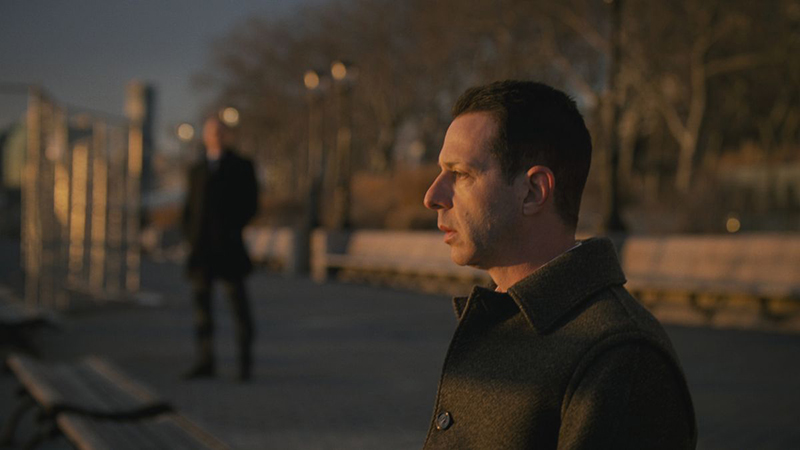
And it is this curse of Saturn, to which Brian Cox himself made humorous reference in his viral moment in the Prado Museum, when he stood in front of Goya’s painting Saturn devouring his son, which splashes and intercedes in the petty and reprehensible behavior of some children who desperately seek the impossible approval of an absent father and, as we have seen in most of the last season, omnipresent even after his death.
This is the tragic shadow that surrounds the three sons (Connor always eating separately) on that yacht where they are notified of the sudden death of a father figure who, despite the constant and unforgivable friction, sought in this one an embrace, a caress, in short, an approval that would never come. And this is what the last season has been about, the last attempt at salvation for a litter of hyenas doomed to bad luck, to perpetrate the blood lineage, to reproduce the toxicities they were inoculated with. A reparation of their souls that has unbalanced the spectator’s set of expectations, making them believe in redemption, even though, deep down, they were all condemned since they were born on mattresses of dollars in the homeland of the amoral.
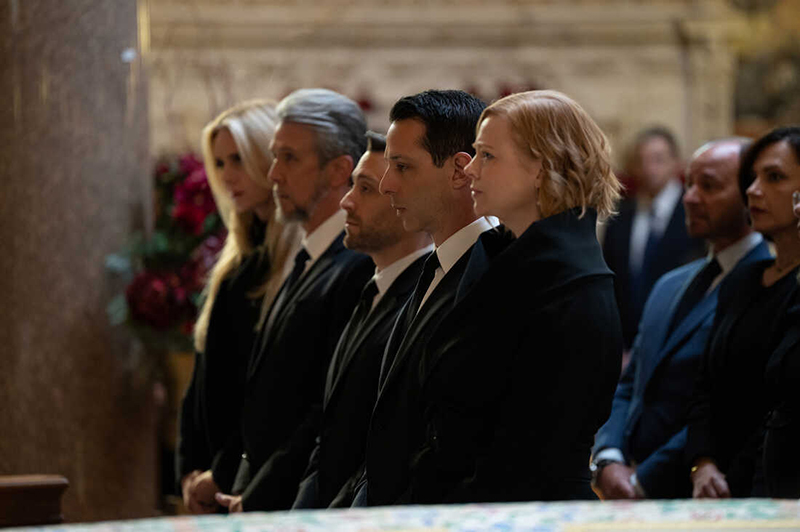
Although on the plot level this conflict has developed through the same plots, coalitions, stabbings and a certain reiteration of strategies and subplots that have been abhorred by a part of its original audience, the inner layer, the emotional disorientation of these three brothers in search of the crown that will stage the approval of an absent father in their inner self, has plotted the dramatic fodder. Until the final hour-and-twenty hour episode reached its climax, in which, without lowering the tension and rawness of the last three episodes, in that sense, and especially from episode three onwards, the season has moved away from its comic marks, visible in the increasingly conflictive interaction between Tom (Matthew Macfadyen) and Greg (Nicholas Braun). The protagonist trio has descended to the lowest heights of desperation, moral turpitude and betrayal. The masks, the facade of confident, scoundrelly, amoral and impeccable billionaires, have been reduced to rubble in that office with an unbreathable atmosphere in which HBO’s fiction deals the definitive blow. The same one that comes with an epilogue in the form of a sharp dialogue between Roman (Kieran Culkin) and his brother Ken (Jeremy Strong) after Shiv’s (Sarah Snook) coup d’état and the ensuing hubbub, and which synthesises, in Roman’s style, the central drama of the series: We’re bullshit. You’re bullshit . I’m fucking bullshit. It’s all fucking nothing. We’re nothing.
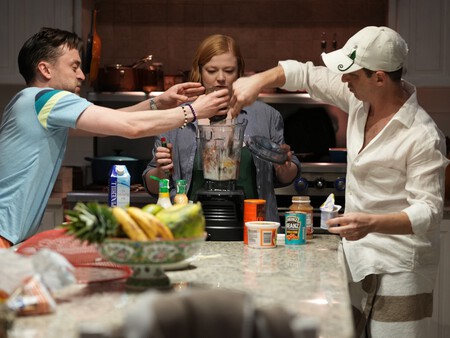
The spoilt children, those who, on the eve of the important meeting that is to decide the fate of Waystar Royco, were joking and making naughty milkshakes at the home of the other absent figure for them (the mother), find themselves, with this abrupt and disheartening end, thrown over the precipice, to absolute shipwreck, to that existential void that returns them to their true face, incapable of understanding, solidarity, family support between siblings, or even the entrepreneurial skills demanded in their spheres, but rather to perpetrate the infectious blood of their progenitor. A cursed lineage that was already present in the first contacts with this micro-universe, when the characters were barely unknown to the spectator.
It was all there – in that sense it is interesting to revisit the beginning of the series -, the only thing is that the viewer was not yet able to decipher the tragic weight. With that devastating ending, Shiv saves the day, on a pragmatic level, with a personal sacrifice that leaves her in a precarious situation she can never overcome, as expressed in that glorious shot of her lifeless hand in the car next to that of a newly crowned Tom. Tom, the luckiest climber in the muddle. Roman, and his adult child’s games, projects a future of banal distractions, sheltered in hollow partitions. While Ken, the figure who had been the one to touch the throne, who aspired to it from the beginning, suffering the same setbacks – it is very interesting to go back to the beginning of the series -, will be the one who will be the most damaged. He may not even recover from the final blow, as that shot of him, with his face in sorrow, gazing at the watery horizon of Ellis Island under the watchful eye of his bodyguard, invites us to think.
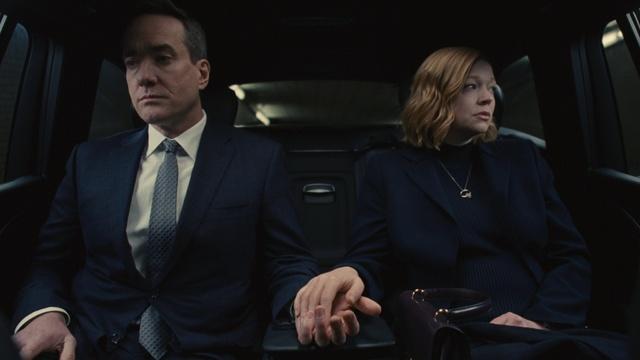
Beyond this open epilogue, beyond the other glorious episodes of an unblemished season – such as the eighth, where Succession penetrates The Newsroom district to leave an atrocious x-ray of the power of the media in its meddling in current political affairs -, beyond the tension that has guided the development of the final bars to resolve the definitive betrayal, the real sting is marked by saying goodbye to these characters of disgruntled familiarity. Those ruthless and nauseating subjects that some criticized as suffering from a certain stagnation, but that without a doubt, have grown exponentially within us, from the moment we began to understand their actions, motivations, their psychotic or infantile behavior, their general malaise with life, their inherited misanthropy; the impossibility of an embrace. We have come to feel their emotional marrow and, despite the distance that separates us, counted in miles, we will miss seeing their faces disfigured by greed, power and, above all, the absolute absence of a body to embrace. Because no money in the world can buy the unspeakable sensation of reciprocating and being reciprocated.

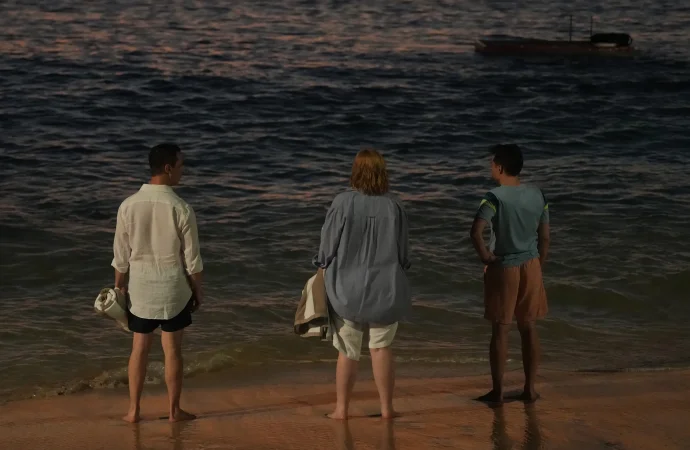
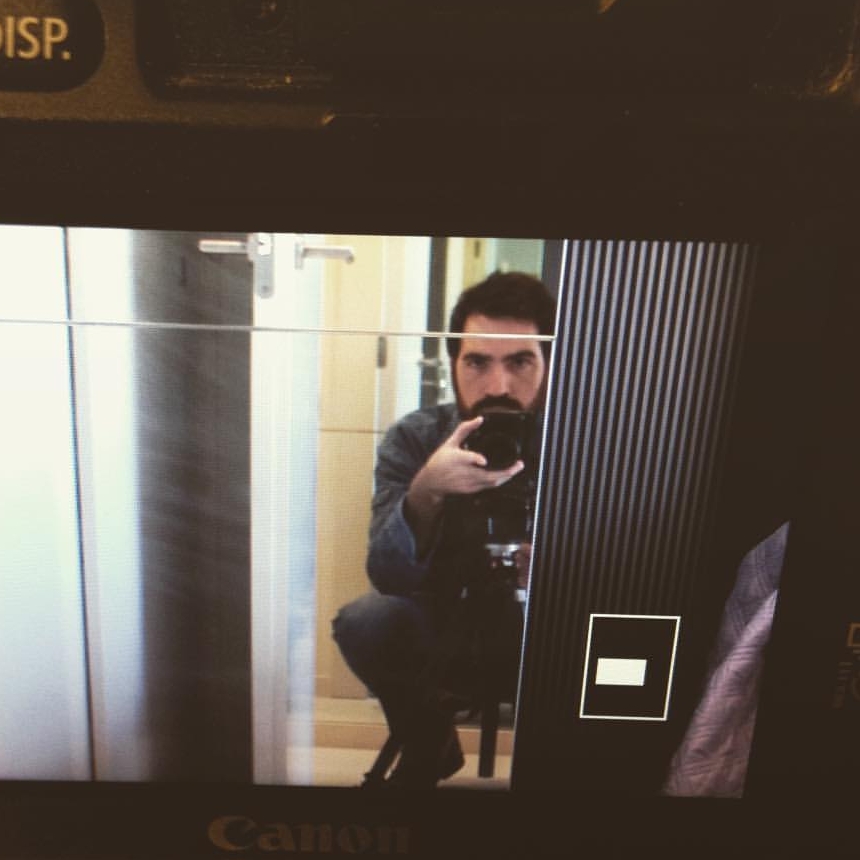
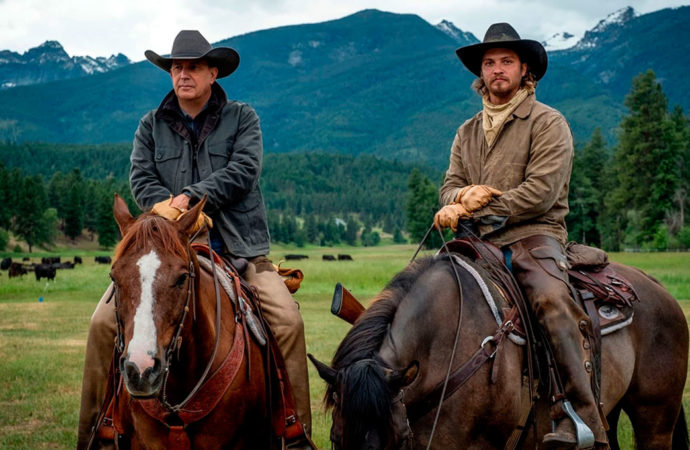
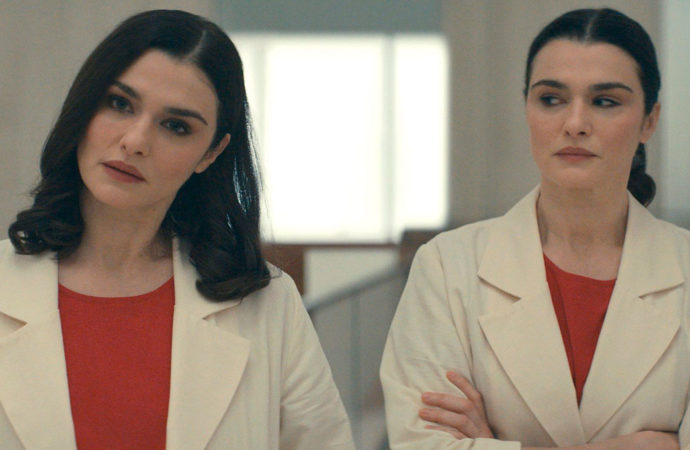

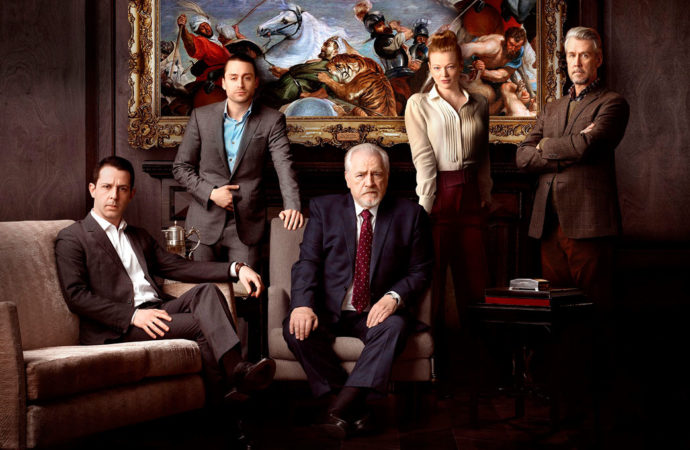
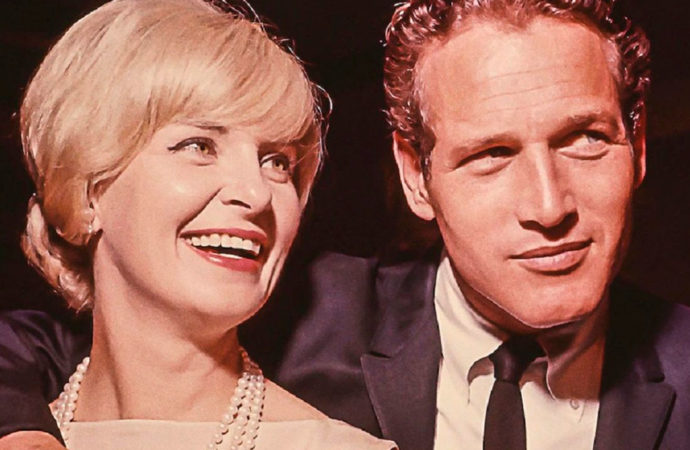
No one has posted any comments yet. Be the first person!